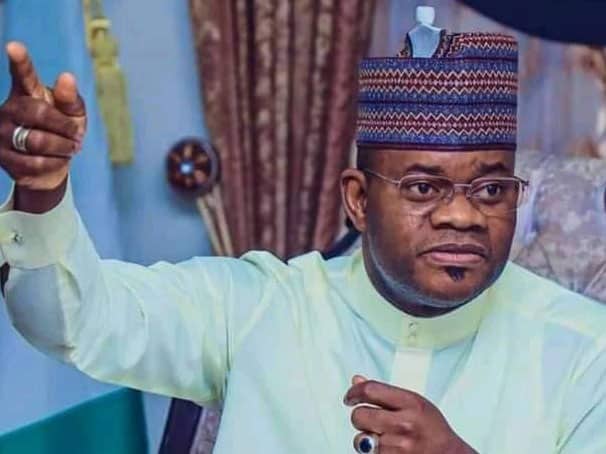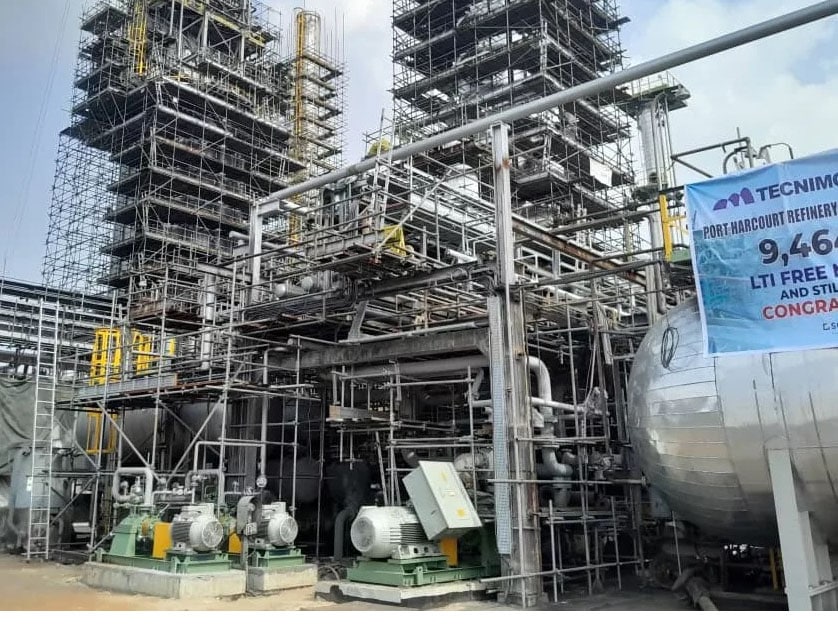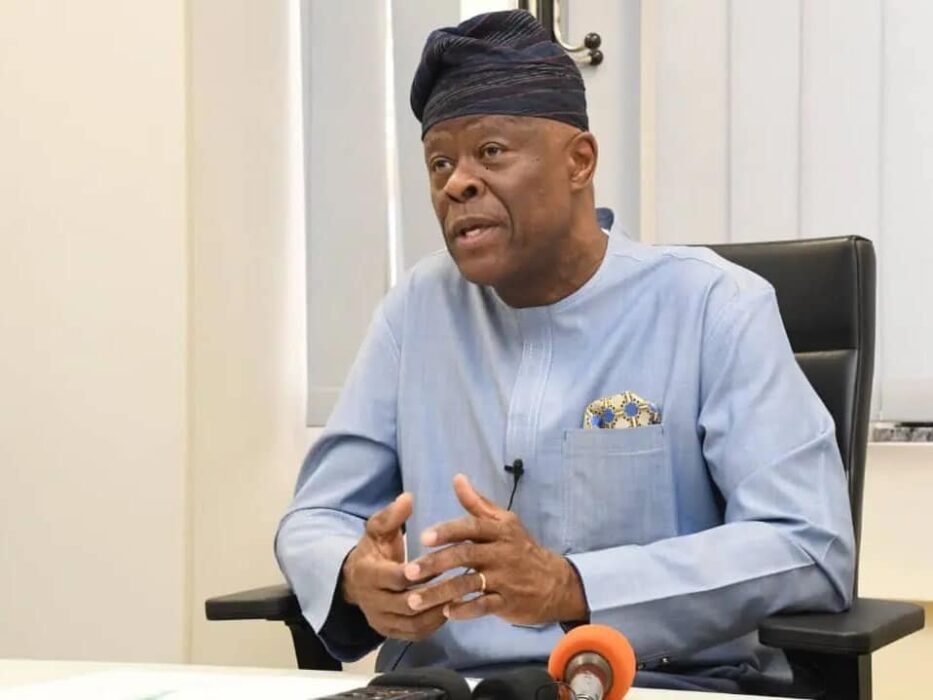The Minister of Finance and Coordinating Minister of the Economy, Wale Edun, has stated that despite some Ministries, Departments, and Agencies (MDAs) exceeding their revenue targets, Nigeria still requires additional borrowing to fund its budget effectively.
Edun made this remark during an interactive session with the Senate Joint Committees on Finance, National Planning, and Economic Affairs concerning the 2025-2027 Medium-Term Expenditure Framework (MTEF) and Fiscal Strategy Paper.
He emphasized that borrowing must be productive and efficient, aligning with Senate approvals to ensure proper budget funding.
“The revenue performance has been commendable, but there’s room for improvement. Meanwhile, we need to borrow strategically and sustainably to invest in the Nigerian economy—not just in infrastructure but also in critical social services such as health, education, and social safety nets for the most vulnerable,” Edun said.
Supporting this view, the Minister of Budget and Economic Planning, Senator Atiku Bagudu, reiterated that the borrowing plans embedded in the N35.5 trillion 2024 budget are necessary to address the N9.7 trillion deficit. He added that the long-term Agenda 2050 development plan aims for a GDP per capita of $33,000.
However, agencies like the Economic and Financial Crimes Commission (EFCC) and the Revenue Mobilization and Fiscal Commission (RMAFC) believe the government could avoid borrowing by optimizing revenue collection.
EFCC Chairman Ola Olukoyede noted that the agency recovered over ₦197 billion in 2024 and suggested that improving collections from international oil companies (IOCs) could significantly reduce the need for loans. Similarly, Customs Comptroller General Bashir Adeniyi reported that the Nigeria Customs Service collected ₦5.352 trillion in revenue, surpassing its 2024 target of ₦5.09 trillion, with higher projections for the coming years.
The Nigerian National Petroleum Company Limited (NNPCL) also exceeded its revenue projection of ₦12.3 trillion for 2024, having already generated ₦13.1 trillion. For 2025, NNPCL anticipates remitting ₦23.7 trillion to the federation account. The Federal Inland Revenue Service (FIRS) also confirmed exceeding revenue targets across multiple tax components.
Despite these achievements, the Senate recently approved a ₦1.77 trillion ($2.2 billion) loan request by President Bola Tinubu to address the budget deficit. This decision, presented by the Senate Committee on Local and Foreign Debts, has drawn criticism from opposition figures, including former Vice President Atiku Abubakar.
Atiku labeled the loan request “bone-crushing,” alleging it imposes undue economic pressure and lacks proper negotiation and utilization. He accused the administration of pursuing loans driven by corruption rather than development, while also criticizing the National Assembly for enabling such moves.
Budget transparency organization Budgit has also raised concerns over inefficiencies and wastefulness in the 2024 budget, suggesting reforms are necessary to enhance fiscal discipline.












